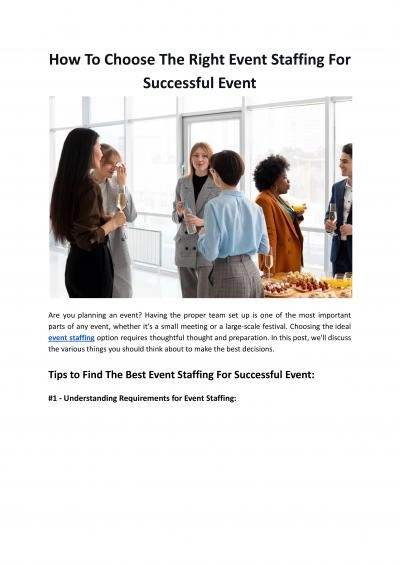PPT-Mutual Learning Event: Mainstreaming gender in waste manage
Author : conchita-marotz | Published Date : 2017-06-14
Wednesday 14 December 2016 Florence Susan Buckingham Gender Auditor Gender and environmental issues The gendering of environmental science Gendered and sexed
Presentation Embed Code
Download Presentation
Download Presentation The PPT/PDF document "Mutual Learning Event: Mainstreaming gen..." is the property of its rightful owner. Permission is granted to download and print the materials on this website for personal, non-commercial use only, and to display it on your personal computer provided you do not modify the materials and that you retain all copyright notices contained in the materials. By downloading content from our website, you accept the terms of this agreement.
Mutual Learning Event: Mainstreaming gender in waste manage: Transcript
Download Rules Of Document
"Mutual Learning Event: Mainstreaming gender in waste manage"The content belongs to its owner. You may download and print it for personal use, without modification, and keep all copyright notices. By downloading, you agree to these terms.
Related Documents














